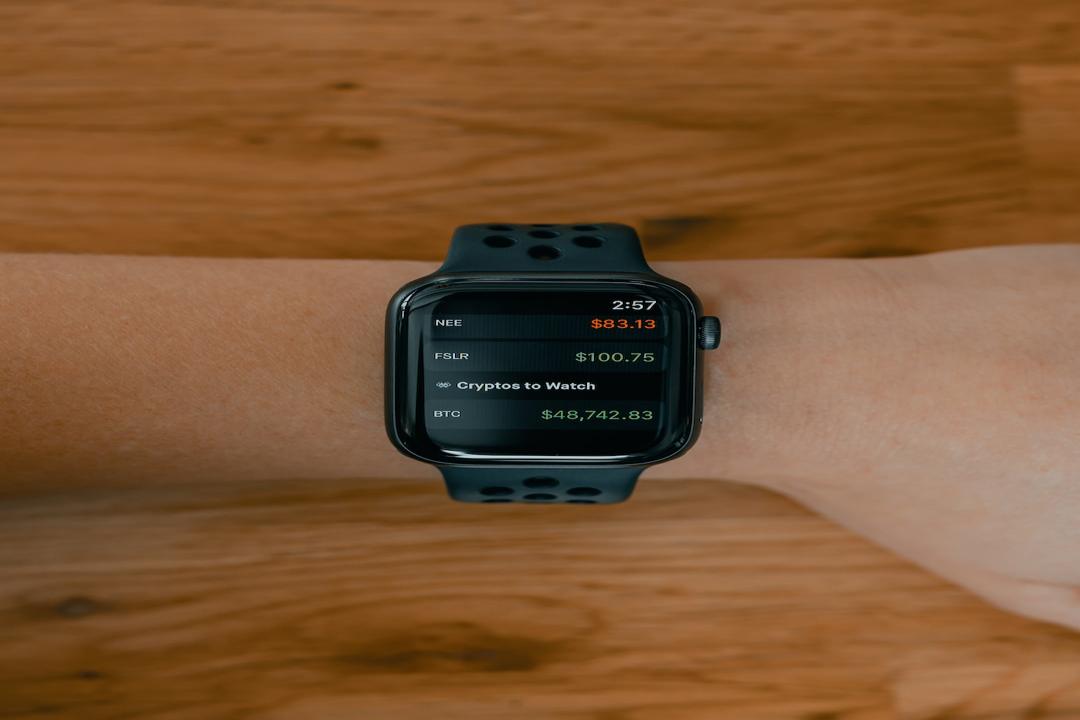Sony has recently filed a patent application in the United States for a new concept called a “super-fungible token for gaming.” This technology would utilize a distributed ledger system to track a player’s gaming assets through a bundle of nonfungible tokens (NFTs). The patent outlines the creation of an electronic device that would monitor gaming assets, such as weapons, tools, and avatars, and convert them into NFTs. These NFTs would then be combined to form a super-fungible token, which would be stored on a distributed ledger associated with the gaming application.
While the patent suggests that Sony is exploring the use of NFTs or blockchain technology in its games, it does not specify whether the distributed ledger would be proprietary or a publicly available blockchain like Ethereum. Sony has previously filed for NFT-related patents, including one published in March of last year for an “NFT framework for transferring and using digital assets between game platforms.”
In another news, the dogwifhat (WIF) community, a memecoin on the Solana blockchain, has launched a fundraiser to raise $650,000 to display a picture of a dog wearing a hat on the Las Vegas Sphere arena. The fundraiser, called “sphere wif hat,” was initiated on March 10 and has already received over $255,000 in donations. The funds are being held in a multisig wallet owned by Ansem and four other individuals, although it is unclear how they plan to achieve their goal or what will happen to the funds if they fall short.
The Las Vegas Sphere is known as the world’s largest spherical structure, standing at 366 feet high and 516 feet wide. It features over 1 million LED light “pucks” used for advertisements, which cost $650,000 per week for approximately seven hours of playtime.
Meanwhile, Solana client developer Jito Labs has decided to suspend its mempool function due to “negative externalities” affecting Solana users. The mempool function allows users to see transactions before they are added to the blockchain, and it has been exploited by traders to front-run others using a technique known as a “sandwich attack.” By removing this function, Jito Labs aims to prevent sandwich attackers from manipulating prices and profiting from victims.
In a move to address the declining market capitalization of its stablecoin PayPal USD (PYUSD), PayPal has eliminated fees for PYUSD transfers made through its remittance app, Xoom. The conversion of PYUSD into the recipient’s local currency will not impact the stablecoin’s supply. However, senders will still be subject to foreign exchange spread rates. PYUSD’s market cap has fallen by over 25% between March 1 and March 5, currently standing at under $225 million.
These developments come as the state of Wyoming has passed legislation to establish a legal framework for decentralized autonomous organizations (DAOs) in the state, under the name decentralized unincorporated nonprofit associations (DUNAs). Additionally, Arbitrum’s DAO has retracted a proposal to provide $1.3 million for the legal defense of Tornado Cash developers Roman Storm and Alexey Pertsev.
Overall, these recent events highlight the ongoing advancements and challenges in the world of blockchain technology and digital assets.

